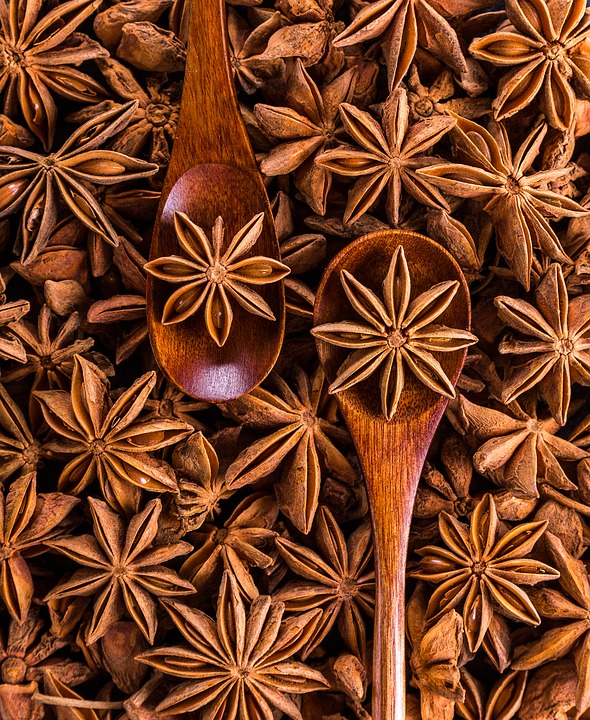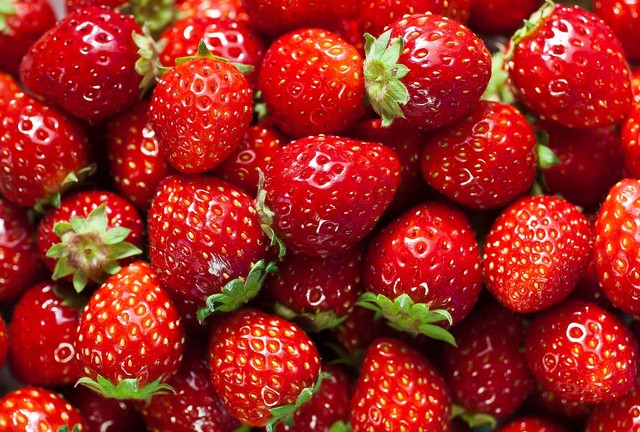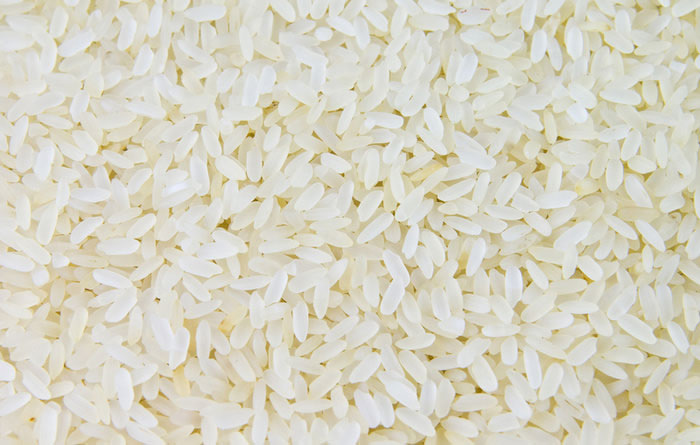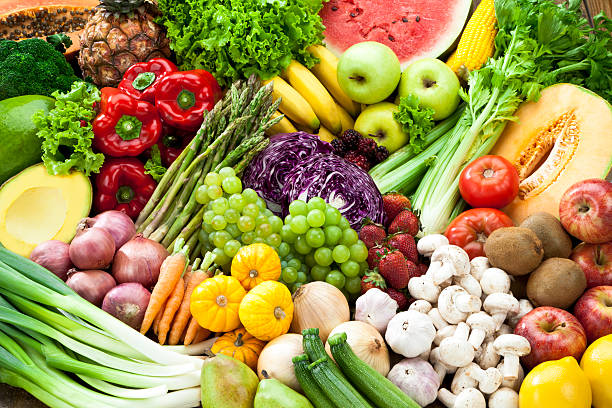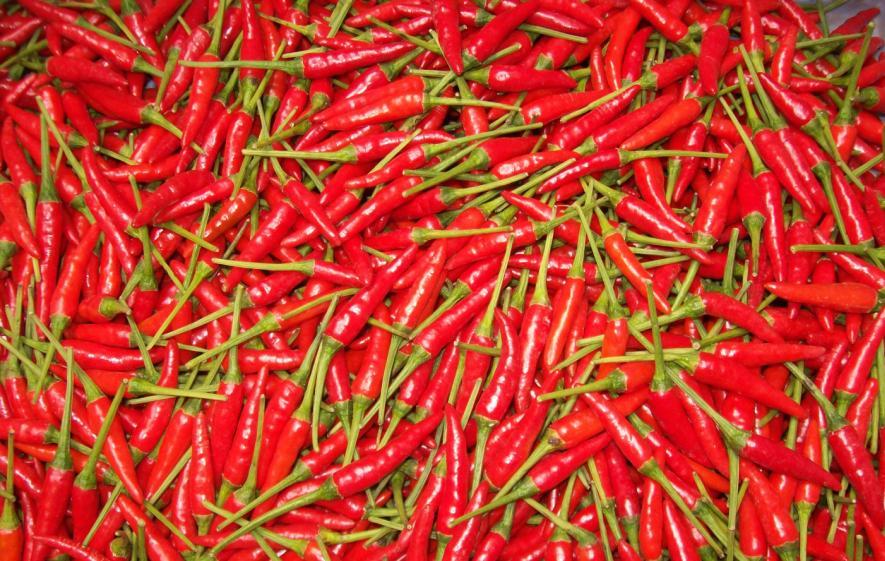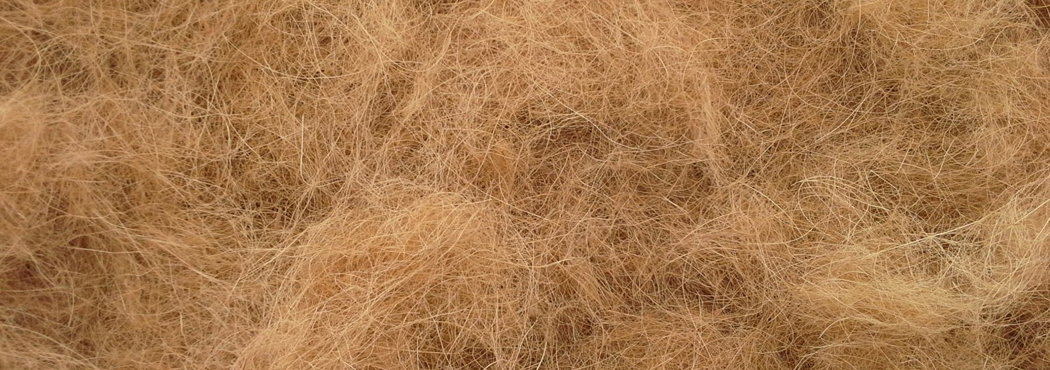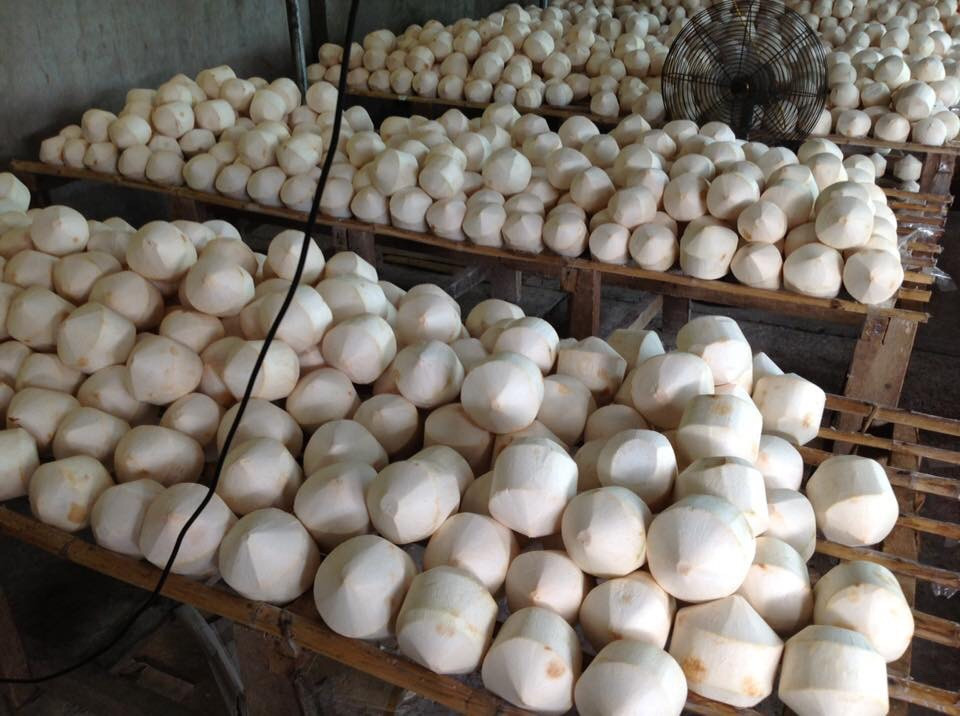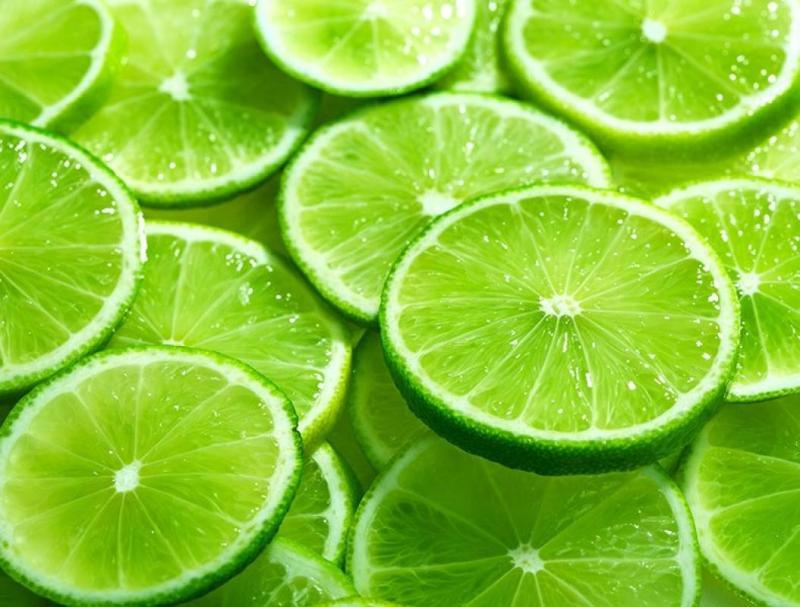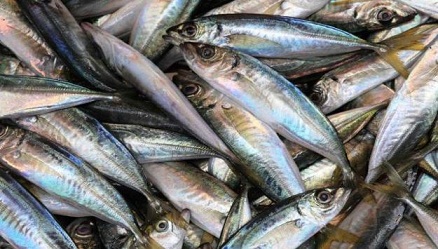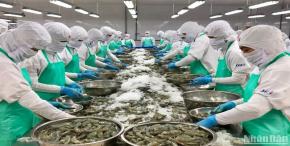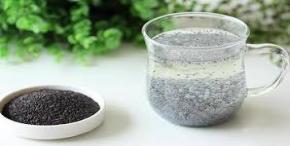News
U-FUCOIDAN CAUSES CANCER CELLS TO SELF-DESTRUCT
Update: 9/1/2013
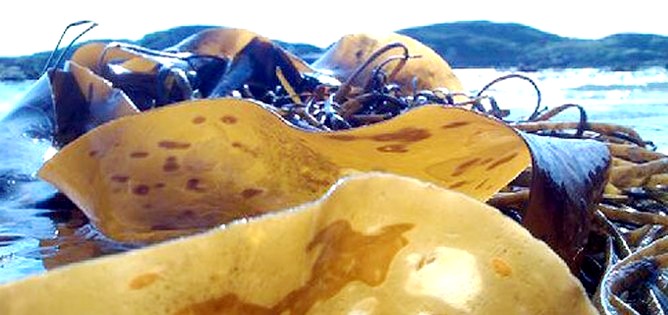
Japanese researchers discovered that a polysaccharide known as Fucoidan, found in kombu and other types of brown seaweed (wakame, mozuku, and hijiki), causes various types of established cancer cell lines to self-destruct.
What is U-Fucoidan?
About 4 % of the total dry weight of many types of brown seaweed consists of a polysaccharide known as Fucoidan. Fucoidan is a sulfated polysaccharide that possesses a complex structure. Its chief components include a sulfuric esterified L-fucose, and the trace elements of galactose, xylose, and glucuronic acid.
Working cooperatively, Takara Shuzo’s Biomedical Research Laboratories and the Research Institute for Glycotechnology Advancement were able to confirm the presence of two different types of Fucoidan molecules in brown seaweed.
The first type, bearing the name F-Fucoidan, consists mainly of sulfated fucose. The second type bears the name U-Fucoidan, and approximately 20 percent of it consists of glucuronic acid.
Researchers were able to use a technique known as pyridlamination to shed light on the chemical structure of U-Fucoidan.
The biological activity of Fucoidan
Numerous accounts have ascribed to Fucoidan properties such as the ability to act as an anti-contraceptive, to reduce cholesterol levels, and to act as an anti-tumor agent. However, a definitive consensus concerning the precise nature of
Fucoidan has still not been reached.
The Biomedical Research Laboratories of Takara Shuzo and the Research Institute for Glycotechnology Advancement have focused their attention on the anti-tumor properties of Fucoidan, and have managed to confirm that this substance causes certain types of rapidly growing cancer cells to self-destruct.
Examples of cancer cell strains where this self-destruct phenomenon was observed include human acute promyelocytic leukemia cells (HL-60 cell line), human stomach cancer cells (AGS cell line), human colon cancer cells (HCT-116 cell line), and cancer cells of the descending colon (SW-480 cell line/WiDr cell line). Moreover, this self-destruction was observed to take place without affecting normal cells. Currently, efforts are underway to clarify the precise mechanism by which this phenomenon occurs.
Some of the reasons which have until recently prevented the formation of a definitive scientific consensus concerning the precise nature of Fucoidan include the fact that it possesses an extremely complex structure, as well as the difficulty of obtaining pure samples of Fucoidan.
The mechanism through which cancer cells self-destruct
In the presence of certain substances, as well as under other unusual environmental conditions, cells may self-destruct and disappear altogether. This self-destruct phenomenon is known as apoptosis. It should be distinguished from necrosis, which is the death of cells directly brought about by external stimuli such as poisonous substances or physical damage to the cell.
Properly speaking, apoptosis is brought about by a mechanism that is programmed into the natural makeup of cells. Organisms activate this mechanism when necessary. Once the apoptosis mechanism has been triggered, the genetic blueprint of the cell (DNA) is rendered useless, through activation of the deoxyribonuclease found within the cell itself. Apoptosis thus can be described as a natural means through which living organisms manage to eliminate harmful cells from their systems.
The significance of this discovery and future prospects
From ancient times (dating from the Jomon era, approximately before the 2nd Century BC onwards), brown seaweed has been a mainstay of the traditional Japanese diet. It is precisely these seaweeds that contain the U-Fucoidan that trigger the apoptosis mechanism described above.
The inhabitants of Okinawa, Japan enjoy some of the highest life expectancies in Japan. Okinawans happen to have one of the highest per capita consumption rates of kombu — 1 gram per person per day. It is noteworthy that the cancer death rate in Okinawa is the lowest of all the prefectures in Japan.
The average per capita consumption rate of kombu in Japan is approximately 0.5 grams per day. Such a serving of kombu would include roughly 5 mg of U-Fucoidan. In vivo experiments are currently underway to determine the effects of U-Fucoidan within living organisms. If it is confirmed that U-Fucoidan can help bring about apoptosis solely in cancer cells that are multiplying at uncontrolled rates, we would then have within our reach the long-dreamed-of cancer drug — one that does its job without causing adverse side effects.
Source: http://kerryhealthcare.com
Source: http://kerryhealthcare.com
